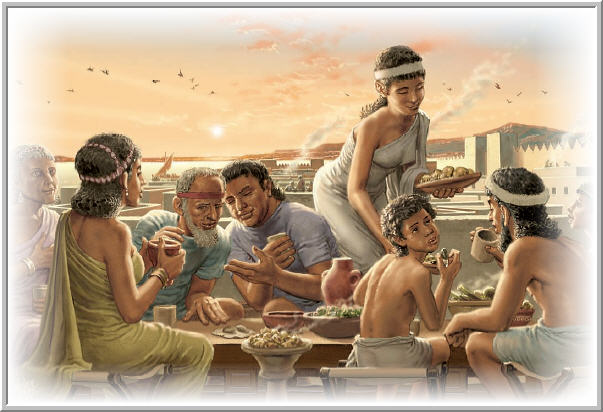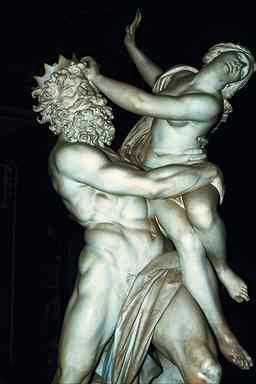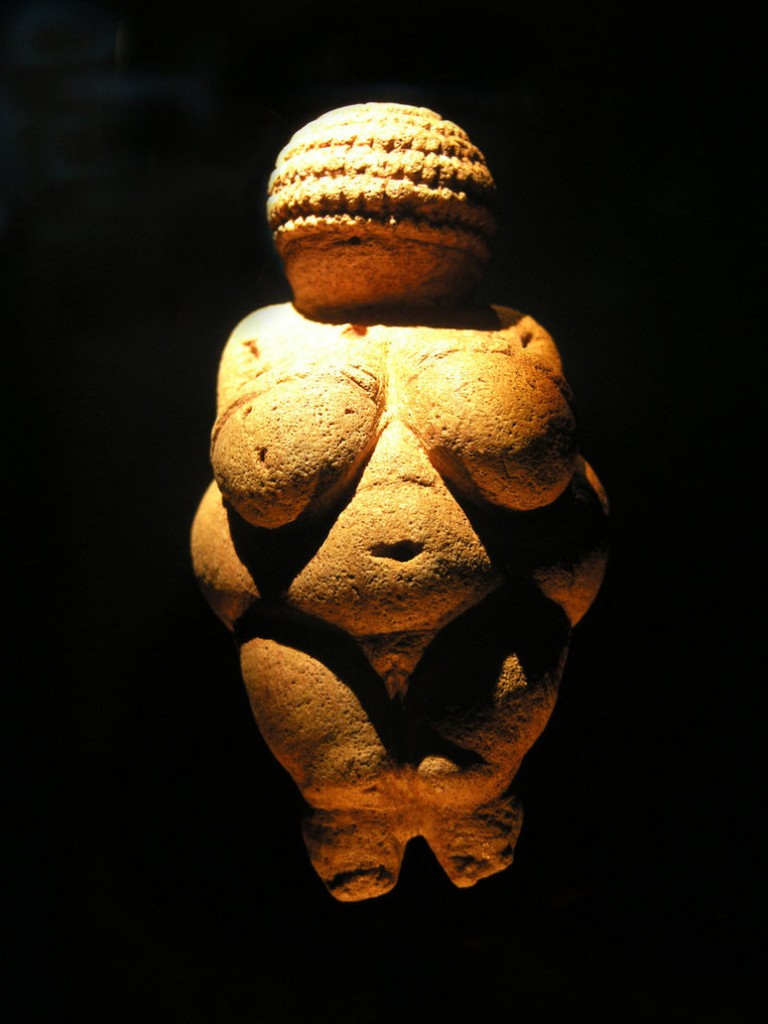Q. What legal rights did women have (if any) in the Bronze Age?
In Greece, sadly, not much. Women were considered property, the oikos under the guardianship of their kyrios: their fathers at first, then transferred to their husbands. They were barred from conducting legal transactions, unless their kyrios did it for them. They could own property, but only if specifically gifted to them, which allowed them to bequeath those objects thereafter. Aside from religious positions, they could not hold office or rule outright.
Thucydides, in “The Speeches of Pericles” in 431 BCE:
“I should also speak of womanly virtues thinking of those who henceforth will be widows. I will sum up all in a brief admonition. Not to fall below the standard that nature has set for you will be your greatest glory, and great, also, is that of a woman who is least talked about among men, be it in praise or in blame.”
Yeah, it was better to not be seen nor heard. In CONTRAST – take a look at life in the Old World.
 Both Egyptian and Mosaic (Hebrew) law, women could own and inherit property, including land, livestock, slaves and servants. She could bequeath her property to anyone she wanted, and in the case of divorce (not known in Greece), keep her possessions, including her dowry. Women were involved in various trades and crafts. In the Hebrew nations, they were forbidden from religious and leadership roles, but not in Egypt.
Both Egyptian and Mosaic (Hebrew) law, women could own and inherit property, including land, livestock, slaves and servants. She could bequeath her property to anyone she wanted, and in the case of divorce (not known in Greece), keep her possessions, including her dowry. Women were involved in various trades and crafts. In the Hebrew nations, they were forbidden from religious and leadership roles, but not in Egypt.
In the professional world, they were present, but definitely in the minority. You wouldn’t be wrong if you said they faced sexism in the Old Empires instead of outright disenfranchisement.
Side note – on adultery and divorce. Only married women and their lovers committed adultery. If a married man dallied with an unmarried man/woman, it wasn’t socially wrong. On divorce—a man could divorce a woman for almost any reason, childlessness usually the biggest cause, but it was virtually impossible for a woman to annul her vows.
Except in Egypt for some reason…
Why? I can only guess. The older empires had been around longer, while Greece was newly formed. Greece was a patriarchal society pushing into territory that was controlled by “barbarians” who tended to worship mother earth goddesses (See the Venus of Willendorf). Perhaps they had some strong feelings about women in power?


